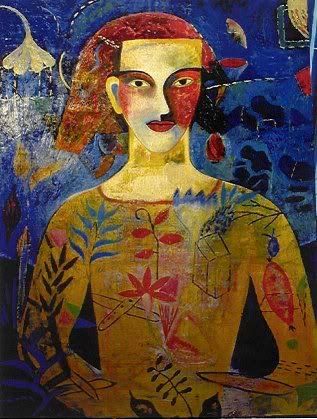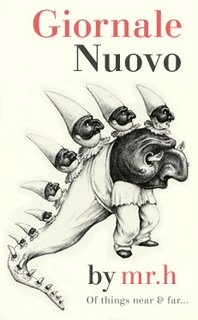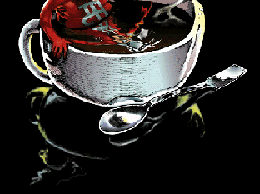The Utopian Blues

The Utopian Blues
Why is the spirituality of the musician in "High" cultures so often a low-down spirituality?In India, for example, the musician belongs to a caste so low it hovers on the verge of untouchability. This lowness relates, in popular attitudes, to the musician's invariable use of forbidden intoxicants. After the "invasion" of Islam many musicians converted in order to escape the caste system. (The Dagar Brothers of Calcutta, famous for their performance of sacred Hindu music, explained proudly to me that their family had not converted in Mughal times -- for worldly advantage -- but only much later, and then as Shiites; this proved that their conversion was sincere.) In Ireland the musician shared the same Indo-European reputation for lowness. The bards or poets ranked with aristocrats and even royalty, but musicians were merely the servants of the bards. In Dumezil's tripartite structure of Indo-European society, as reflected in Ireland, music seems to occupy an ambiguous fourth zone, symbolized by the fourth province of Munster, the "south". Music is thus associated with "dark" druidism, sexual license, gluttony, nomadry and other outsider phenomena.
Islam is popularly believed to "ban" music; obviously this is not the case, since so many Indian musicians converted. Islam expresses grave reservations about art in general because all art potentially involves us in multiplicity (extension in time and space) rather than in the unity (tawhid) by which Islam defines its entire spiritual project. The Prophet criticized worldly poetry; he criticized realism in art; and he relegated music to social occasions like marriages. (In Islamic societies the minstrels who supply such festal music are often Jews, or otherwise "outside" Islam.) In response to these critiques, Islamic culture developed "rectified" forms of art: -- sufi poetry (which sublimates worldly pleasure as mystical ecstasy); non-representative art (falsely dismissed as "decorative" by western art-history); and sufi music, which utilizes multiplicity to return the listener to Unity, to induce "mystical states". But this restitution of the arts has never entirely succeeded as an uplifting of the musician. In Tehran in the 1970's, one of the more decadent sufi orders (Safi-Ali-Shahi) had enrolled the majority of professional musicians, and their sessions were devoted to opium smoking.
Other musicians were known as hearty drinkers or otherwise louche and bohemian types -- the few exceptions were pious Sufis in other, more disciplined orders, such as the Nematollahiyya or Ahl-i Haqq. In the Levant, Turkish sufi music leaked out of the tekkes and into the taverns, mixed with Greek and other Mediterranean influences, and produced the wonderful genre of Rembetica, with its witty odes to whores, hashish, wine and cocaine.






































































































0 Comments:
Post a Comment
Subscribe to Post Comments [Atom]
<< Home